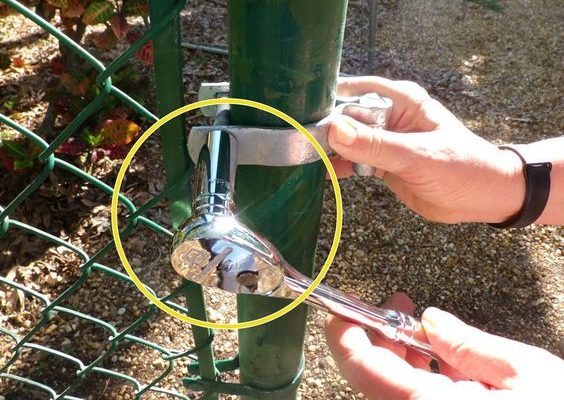How to Study History: 15 Steps

Studying history can be a fascinating and rewarding journey through time. Knowing and understanding the past can provide invaluable insights into our present world. Here are 15 steps to help you study history effectively:
1.Create a study plan:Start by outlining the topics you want to learn, and allocate time for each topic according to its complexity and importance.
2.Set goals:Establish short-term and long-term goals for your study. These can range from understanding specific events to gaining a broader perspective on historical eras.
3.Use multiple sources:Rely on books, online resources, documentaries, and lectures. Diversifying your sources will enhance your understanding of the events and people.
4.Start with a general overview:Read a summary or watch a documentary to get an overview of the period you are studying. This will give you a context in which to fit more detailed information later on.
5.Take notes:As you read or watch, jot down important facts, dates, and names in your notes. Organize these notes by topic or chronology.
6.Find connections:Look for overarching themes, patterns, or relationships among events that can help you better understand the period as a whole.
7.Question everything:Approach historical sources critically by assessing their credibility, purpose, and perspective.
8.Start with broad questions and narrow down: Begin by asking broad questions about motives, consequences, turning points etc., then find answers through research.
9.Focus on cause and effect relationships: Understand how certain events led to others or changed the course of history.
10.Study firsthand accounts:Primary sources like diaries, letters, or newspapers provide valuable insights into how people experienced historical events firsthand.
11.Use visual aids: Maps, timelines, pictures & artwork can help you visualize historical information better.
12.Participate in discussions & debates: Share your thoughts with classmates or online forums to deepen your understanding of different perspectives.
13.Memorize key facts: While understanding broader themes is crucial, commit important dates and events to memory for better recall.
14.Review regularly:Revisit your notes, condense them and revise frequently to help retain information.
15.Enjoy the journey:Stay curious and engaged, allowing yourself to be transported through time and experience history from different perspectives.
By following these steps, you can develop a stronger understanding and appreciation for history. It’s not just about memorizing dates or recalling specific events but discovering how those events shaped the present day and learning from the mistakes of the past.






